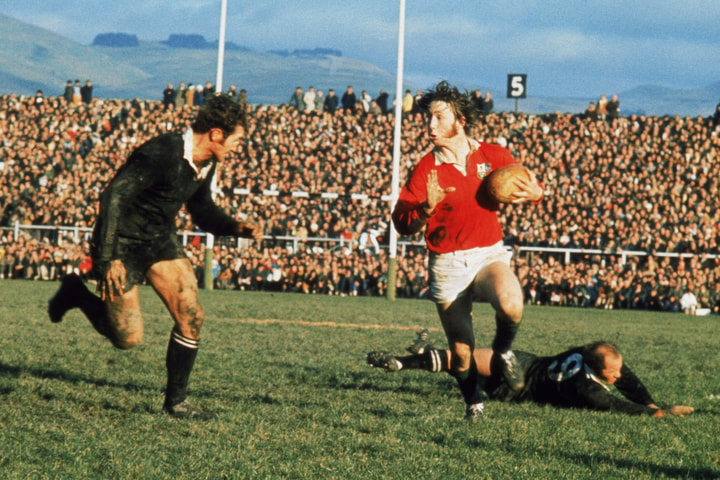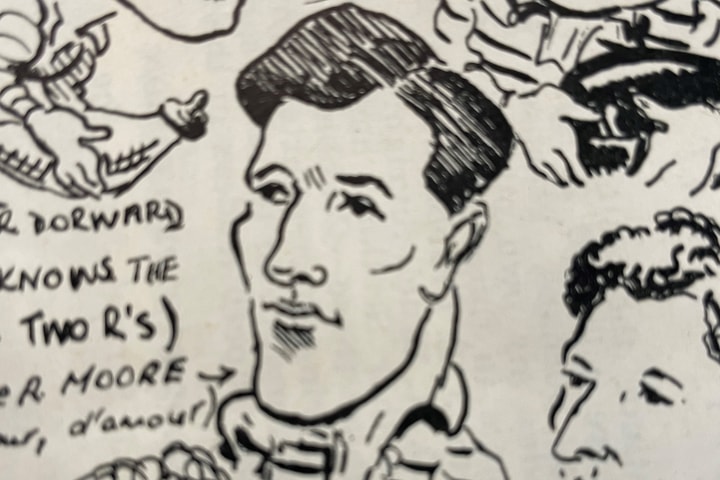Jimmy lived in Plymouth for the rest of his life. He became a
publican - but was himself teetotal. In 1907, he had married Rosina
Finch. They were married for 47 years and had two children, Rowena
and James. He remained friends with Raphael Jago and they often
played chess together.
Jimmy died in 1954, at the age of 74, and is buried in Plymouth
Old Cemetery.
Jimmy's granddaughter Barbara remembers him fondly:
'I have always been proud of him, he was a lovely man, so
kind. He spoiled me rotten … He had a very tough start in life, but
he overcame it and was a friend of anyone and everyone.'
'He was only 5ft 3" but he was always fit. He walked
everywhere and never caught a bus … When I was a little girl, I
would run alongside him … He was never without his dog or a
pipe.'



















